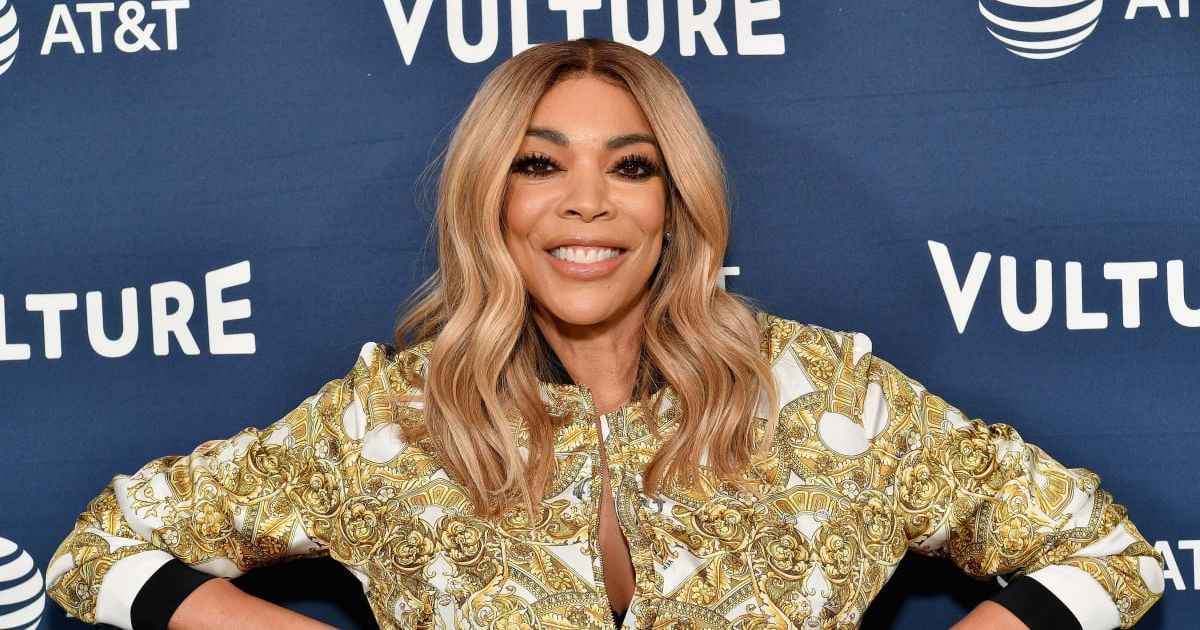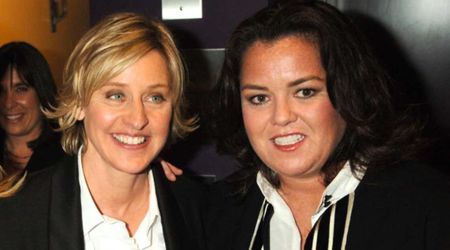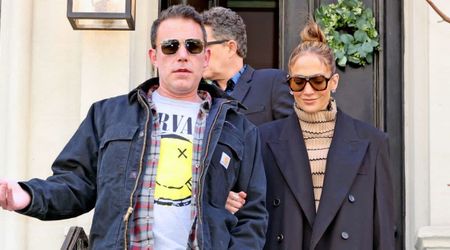Wendy Williams went hungry for hours as legal guardian delayed getting her meals, says childhood friend

LOS ANGELES, CALIFORNIA: In a recent interview with Chris Cuomo, Wendy Williams' childhood friend Regina Shell disclosed concerning details about the former talk show host's experiences under her legal guardianship.
Shell expressed worries about Williams' access to basic necessities, including food and money, during her guardianship, shedding light on the challenges the iconic TV host allegedly faced.
Wendy Williams' alleged struggles under guardianship exposed by childhood friend

Williams, who was placed under legal guardianship in 2022, reportedly encountered difficulties accessing her own funds. Shell recounted instances where Williams had to rely on her guardian for even the simplest tasks, such as ordering breakfast, leading to significant delays in receiving meals.
"She had no access to her money. So, every time she had to do anything that she had to pay for, she had to go through the guardian," Shell explained. "And she would call to order her breakfast at 7:30 in the morning with the uardian, and she would take the order and the order wouldn't show up until sometimes noon and, so, Wendy wouldn't have any food."
The friend mentioned that in order to make sure Williams had food, she would order food from delivery services when she eventually went back to Los Angeles.
"The communication wasn't there, and she had no other access to money than this guardian," she continued. "And so that's what was concerning to me, because she was telling me she didn't have food."
Shell added, "And her publicist also, who lives out in LA, both of us were going back and forth sending food to Wendy because she wasn't having access to food."
Shell's revelations echo similar concerns raised by a producer involved in the production of Lifetime docuseries 'Where Is Wendy Williams?'
Mark Ford, the producer, expressed dismay over Williams' apparent lack of access to necessities, including food, and highlighted the potential risks posed by her living situation.

"Like, Wendy would be left alone without food, completely on her own in that apartment with stairs that she could easily fall down," Mark Ford shared in a recent interview.
"There was no one there 24/7. So, these are just all the questions we had throughout. But, of course, if we had known that Wendy had dementia going into it, no one would’ve rolled a camera."
"We tried to be as transparent as possible, and the making of the film is as much a story in some ways as Wendy’s story itself," he explained of their filmmaking process.
"And that’s why we intentionally left a lot of the questions in — we wanted people to understand the journey of the filmmakers and how upsetting it was for all of us in certain instances and also how outrageous in some ways the situations were."
Wendy Williams' dementia diagnosis raises questions about docuseries production

The producer of the Lifetime docuseries 'Where Is Wendy Williams?' has admitted that the project would not have been filmed had they known about Wendy Williams' diagnosis of dementia, according to OK! Magazine.
Mike Ford, the producer, disclosed in an interview that the initial intention of the docuseries was to document Williams' comeback as a podcast host. However, as filming progressed, it became evident that the story was taking a different turn, delving into deeper and more troubling aspects of Williams' life.
"At the beginning of production, we just wanted to sit with Wendy and see how she was doing," Ford explained. "But as we filmed, it became evident that this wasn’t really going to be a career comeback story, that this was going to be a deeper story, and that there was something ultimately disturbing going on in Wendy’s life."
Ford revealed that the production team was informed about Williams' struggles, including a "bad day" involving alcohol and her subsequent admission to a treatment facility. Despite these challenges, they were assured that it wouldn't impede the progress of the documentary.
"We tried to be as transparent as possible, and the making of the film is as much a story in some ways as Wendy’s story itself," Ford elaborated.
"And that’s why we intentionally left a lot of the questions in — we wanted people to understand the journey of the filmmakers and how upsetting it was for all of us in certain instances and also how outrageous in some ways the situations were."










